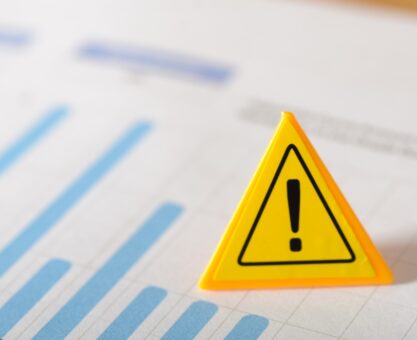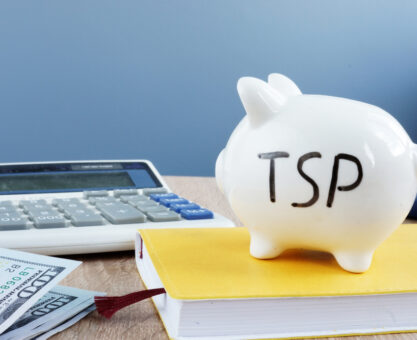If you’re worried about inflation throwing your retirement plan off course, you’re not alone. According to an article published on the Investopedia.com, 60% of retirement savers are rethinking their strategy and 75% say they need to save more than originally planned. The reason: inflation.
After hitting an historic high of nearly 9% in the midst of the COVID-19 pandemic, the current 3.7% inflation rate is still a concern, especially for retirement savers. Add to this, certain types of expenses remain high and may be getting higher because the average cost of living does not rise evenly across all goods and services.
The Cost Of Housing Continues To Rise
With housing remaining the biggest expense in retirement, recent real estate reports are a huge concern for retirees and those who plan to retire soon. Let’s look at the cost of buying a home in Florida which is still a popular state for retirement. According to Refin.com, in September 2023, home prices in Florida increased by 3% compared to the previous year. With a shortage of homes available for purchase, prices are predicted to continue rising over the next five years. Of course, higher real estate prices drives up the cost of renting, too.
“Add to this, studies show the cost of prescription drugs in 2023 increased at a rate higher than the rate of inflation.”
Healthcare Inflation Is Another Concern
Although the federal government will continue to pay 72% to 75% percent of your FEHB premiums, the cost of your deductibles and copayments are clearly on the rise with no end in sight. Add to this, studies show the cost of prescription drugs in 2023 increased at a rate higher than the rate of inflation. The cost of Long-Term Care (LTC) in a nursing home is also on the rise. This is why the Federal Long-Term Care Insurance Program (FLTCIP) recently announced a significant increase in premiums to cover the out-of-pocket costs of LTC.
Inflation Impacts Your TSP Investments
Any type of economic uncertainty can impact the stock market and cause a downturn that lowers your TSP earnings. When this happens, there’s a domino effect at play. Inflation decreases your purchasing power causing you to withdraw more from your TSP than you originally planned to cover living expenses. At the end of the year, you’ll owe more in income taxes due to your increased TSP distributions. Then you may have to withdraw even more from your TSP to pay Uncle Sam.
Consider working with an FRC® trained advisor who can run a no-obligation report to help you calculate the rising rate of inflation over a 20 to 30-year retirement.
Sources:


























